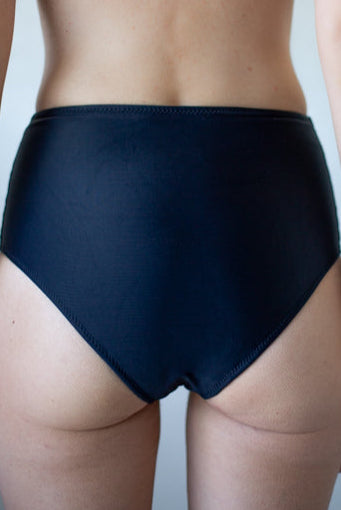What is Coconut Oil?
Coconuts originate from Asia, the Pacific Islands, Africa, and Central America. A coconut tree produces between 50 and 150 fruits per year, taking 11 to 12 months for each fruit to mature. The coconut tree is often called the "tree of life" because it has played a vital role in the development of civilizations, providing essential resources for food, medicine, housing, tools, and more.
Coconut oil is obtained by mechanically pressing the fresh coconut flesh. It should not be confused with copra oil, which is extracted from dried coconut flesh and mainly used in the food industry. Loved for both its scent and taste, coconut oil is now widely recognized for its culinary, therapeutic, and cosmetic benefits.
To ensure high quality, it is recommended to choose extra virgin coconut oil, cold-pressed, organic, and ethically sourced.
Why You Won’t Be Able to Live Without It This Summer
Deeply nourishing, coconut oil hydrates the skin and soothes irritations. In addition to its captivating scent, it offers a natural sun protection factor equivalent to SPF 10.
After a long day at the beach, coconut oil is perfect for relieving sunburn by soothing and rehydrating your skin. When mixed with essential oils such as citronella, rosemary, and peppermint, it also serves as an excellent natural mosquito repellent.
Summer elements like sun, saltwater, and dry air can make your hair drier than usual.
Rich in vitamins E, K, and iron, coconut oil deeply nourishes your hair, making it shinier and fuller.
How to apply it?
Before bed, apply two tablespoons of coconut oil to your hair, focusing on the lengths and ends. Wrap your hair in a warm towel overnight. In the morning, rinse thoroughly and wash your hair with your usual shampoo.
Other Benefits of Coconut Oil
In the kitchen, coconut oil is a great alternative for vegans and vegetarians as it can easily replace butter.
It withstands high temperatures and does not become toxic when heated, unlike polyunsaturated oils (such as walnut or flaxseed oil), which are highly fragile and should not be cooked.
Health benefits: Coconut oil contains caprylic acid, known for fighting microbes such as Staphylococcus aureus (which can cause toxic shock syndrome) and Candida albicans (a common cause of fungal infections).
It is also known to help balance hormones naturally. Additionally, coconut oil is recommended for reducing the risk of Alzheimer’s disease—one tablespoon per day supports brain health.
In your beauty routine: Coconut oil can replace your moisturizer, act as a natural makeup remover (even for waterproof mascara), and nourish your hair and nails. Some even use it to make homemade toothpaste or for oil pulling, as it helps maintain healthy teeth and whiten your smile.
How to Use It for Menstrual Pain?
Coconut oil has digestive and laxative properties that can help relieve constipation during your period.
If you experience menstrual cramps, this oil makes an excellent massage oil to help you relax.
For headaches, try combining peppermint essential oil with coconut oil: dilute three drops of peppermint oil in coconut oil. Massaging this mixture into your neck and temples can help relieve discomfort.
The Two Essentials You Should Pack in Your Suitcase This Summer
- A high-quality, extra virgin coconut oil, cold-pressed, preferably organic and fair trade—for all the amazing benefits listed above.
- Our Coconutsplit menstrual swimsuit, allowing you to swim anytime during your cycle, whether you have your period or not! If you already use menstrual underwear, you know how it works: the gusset of the swimsuit features several ultra-thin protective layers hidden inside. The menstrual swimsuit consists of: a draining layer, an absorbent layer (which doesn’t swell in water!), and a waterproof layer. Wear it when your flow is light, at the beginning or end of your period, or as a backup to your usual protection in the middle of your cycle to prevent leaks!








